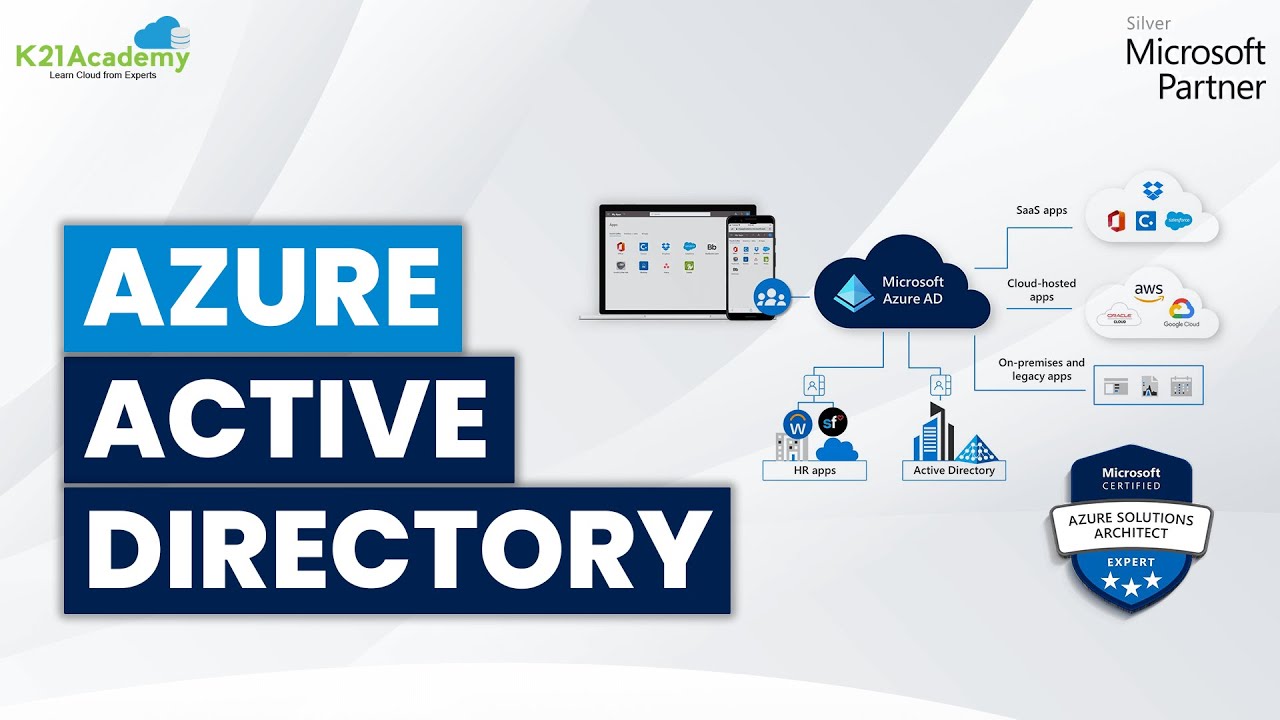The Benefits of Active Directory
Active Directory is a powerful tool that offers numerous benefits for organizations of all sizes. In this article, we will explore the advantages of using Active Directory and how it can enhance your business operations.
Centralized User Management
One of the key benefits of Active Directory is its ability to centralize user management. With Active Directory, you can create and manage user accounts, assign permissions, and control access to resources from a single location. This streamlines the administration process and reduces the time and effort required to manage user accounts individually.
Enhanced Security
Active Directory provides robust security features that help protect your organization’s data and resources. It allows you to implement access controls, enforce password policies, and enable multi-factor authentication. By utilizing Active Directory, you can ensure that only authorized users have access to sensitive information, reducing the risk of data breaches and unauthorized access.
Improved Network Efficiency
Active Directory optimizes network efficiency by providing features such as domain-based management and replication. With domain-based management, you can organize your network resources into logical units, making it easier to manage and maintain your infrastructure. Replication ensures that changes made to Active Directory are synchronized across all domain controllers, improving network performance and reliability.
Single Sign-On (SSO)
Active Directory enables Single Sign-On (SSO), which allows users to access multiple applications and services with a single set of credentials. This eliminates the need for users to remember multiple usernames and passwords, reducing the risk of password-related security incidents. SSO also enhances user experience by simplifying the login process and increasing productivity.
Group Policy Management
Active Directory includes Group Policy Management, which allows you to define and enforce policies across your network. You can configure settings related to security, desktop configurations, software installation, and more. By utilizing Group Policy, you can ensure consistent settings and configurations throughout your organization, improving security and standardization.
Scalability and Flexibility
Active Directory is designed to scale and adapt to the changing needs of your organization. Whether you have a small business or a large enterprise, Active Directory can accommodate your requirements. It supports a hierarchical structure that allows you to organize resources based on your organization’s structure, making it easy to manage and expand as your business grows.
Integration with Other Microsoft Services
Active Directory seamlessly integrates with other Microsoft services, such as Exchange Server, SharePoint, and Skype for Business. This integration enhances collaboration and productivity within your organization. Users can easily access these services using their Active Directory credentials, simplifying management and improving user experience.

Active Directory offers a wide range of benefits that can significantly enhance your organization’s operations. From centralized user management to enhanced security and improved network efficiency, Active Directory provides a robust and flexible solution for businesses of all sizes. By leveraging the power of Active Directory, you can streamline your administrative tasks, strengthen your security measures, and improve productivity across your organization.
Frequently Asked Questions about the Benefits of Active Directory
1. What is Active Directory?
Active Directory is a directory service developed by Microsoft that provides a centralized location for managing and organizing network resources.
2. What are the key benefits of using Active Directory?
The key benefits of using Active Directory include:
Centralized management of user accounts and permissions
Improved security through access control and authentication
Simplified administration of network resources
Streamlined deployment and management of software applications
Efficient management of group policies
3. How does Active Directory enhance security?
Active Directory enhances security by providing access control mechanisms, such as user authentication, password policies, and group-based permissions. It also enables administrators to enforce security policies across the network.
4. Can Active Directory help in managing multiple user accounts?
Yes, Active Directory allows centralized management of user accounts, making it easier to create, modify, and delete user accounts across the network.
5. Does Active Directory support single sign-on?
Yes, Active Directory supports single sign-on, which allows users to log in once and access multiple resources without the need to re-enter their credentials.
6. Can Active Directory simplify software deployment?
Yes, Active Directory simplifies software deployment by allowing administrators to distribute and install software applications on multiple computers from a central location.
7. Does Active Directory provide auditing and reporting capabilities?
Yes, Active Directory provides auditing and reporting capabilities, allowing administrators to track and monitor user activities, changes to resources, and security events.
8. How does Active Directory help in managing group policies?
Active Directory enables administrators to define and manage group policies, which control various settings and configurations for user accounts and computers within the network.
9. Can Active Directory integrate with other systems and services?
Yes, Active Directory can integrate with other systems and services, such as Microsoft Exchange Server, SharePoint, and cloud-based applications, to provide a unified management experience.
10. Is Active Directory suitable for small businesses?
Yes, Active Directory can be beneficial for small businesses as it helps in centralizing user management, improving security, and simplifying IT administration, although the level of implementation may vary based on the organization’s needs.




